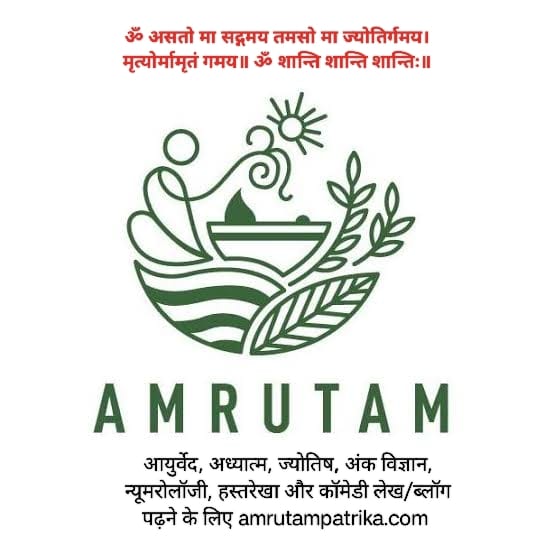Despite the great divisions between the western and eastern ways of thinking, similarities between the two are amusingly peculiar.
In one of our earlier blog posts, we talked about Purusharthas.
Purusharthas are four goals of life or four aims, as mentioned in the great epics of Ramayana and Mahabharata.
These four goals are Dharma, Artha, Kama, and Moksha.
Similar to these four goals of life, as mentioned in Mahabharata and Ramayana, Sir Abraham Maslow in one of his works titled “A Theory of Human Motivation” talked about the hierarchy of needs amongst humans which have much in common to the Purusharthas of the east.
Sir Maslow, an American scholar, stated five goals or five sets of needs.
These five sets of needs are physiological needs, security needs, Belongingness needs, Esteem needs and self-actualization needs.
These five needs as stated by Sir Abraham Harold Maslow, have a correlation with the Purusharthas- let us learn how:
#1. Kama => Physiological Needs
Kama which means pleasure is associated with the physiological needs category of Sir Harold`s hierarchy of needs.
Physiological needs are the basic biological needs of human beings.
Kama, can be interpreted as pleasure which is ultimately derived out of our physiological needs like hunger.
#2 Artha => Security and Belongingness Needs
Security needs are needs related to shelter and our physical security.
Artha which is wealth is required to fulfill these security needs.
Artha, in a broader sense, has also been interpreted as meaning or purpose of our lives. The broader meaning of Artha also connects it with the belongingness needs a category of Sir Maslow`s hierarchy of needs. As often, it is said that it is the sense of belongingness which gives purpose to our lives.
#3 Dharma => Self Esteem Needs
Self- Esteem needs in the need of Hierarchy by Sir Maslow are referred to needs such as recognition amongst others whom you interact with, the prestige which one associate with themselves also comes under the self-esteem needs.
Dharma which is duty, is a pathway to fulfill one`s self-esteem needs.
#4 Moksha => Self-Actualization Needs
Moksha refers to liberation or freedom and Self-Actualization needs refer to our need to grow and develop through the journey of our lives. In a way, there is a cause and effect relationship between the two, Moksha can be achieved through our self-actualization needs.
The comparison between the Purusharthas and Maslow`s hierarchy and it justs observes the basic similarities in nature in between the two philosophies without passing any value judgment.
Check out Amrutam Gold Malt– A Wonder Immunity Booster



Leave a Reply